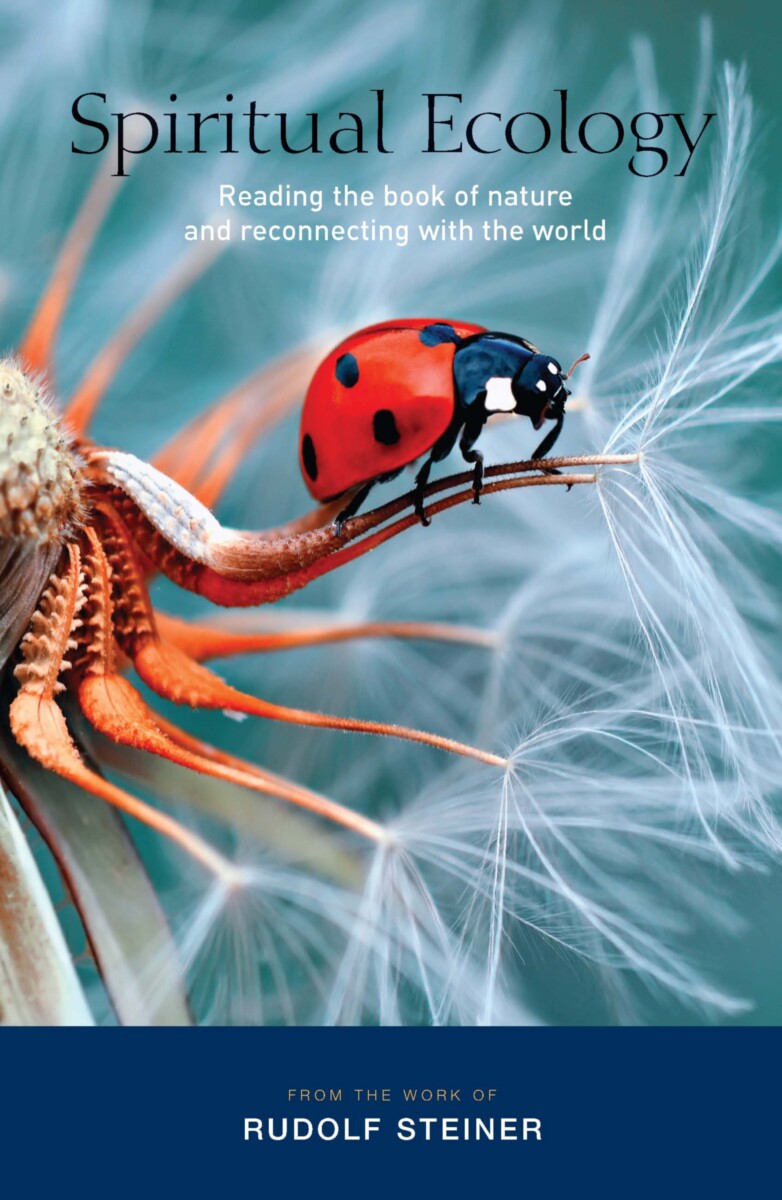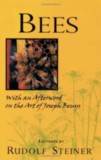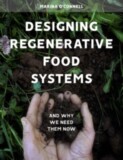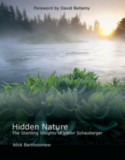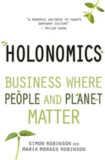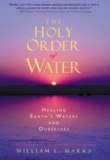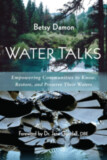Spiritual Ecology
Reading the Book of Nature and Reconnecting with the World
Introduction and notes by Matthew Barton
Revised by Matthew Barton
Compiled by Matthew Barton
- Publisher
Rudolf Steiner Press - Published
6th May 2008 - ISBN 9781855842045
- Language English
- Pages 256 pp.
Today we face increasing environmental challenges, from climate change and extreme weather patterns to deforestation, threats to animal species, and ongoing farming and food-supply crises. Virtually every day brings new alarming reports. How are we to respond, especially if we wish to take a broader, spiritual view of these events?
Steiner’s work is full of important, far-sighted perspectives on our relationship as human beings with the natural world. Indeed, his insights are more relevant today than they were in his time. Steiner offers us a new, conscious equilibrium with nature; we are not entitled simply to exploit the Earth, but neither should we view ourselves as devastating irritants on Earth’s surface. We are an integral part of the evolving natural world from which we arise. This world surrounds us, and we can rediscover ourselves within it, just as we can find all of nature transformed within us.
In the extracts compiled in this volume—presented with commentary and notes by Matthew Barton—Steiner discusses human perception, the Earth, water, plants, animals, insects, agriculture, and natural catastrophes. Spiritual Ecology offers a wealth of original thought and spiritual insight on the future of the Earth and humanity.
C O N T E N T S:
Editor’s Note by Matthew Barton
Introduction by Matthew Barton
PART ONE: PRELUDE—COMING ALIVE TO THE WORLD
1. Body, Soul, and Spirit: Three Ways of Seeing
2. A Vessel for the World
3. Heightening Perception, Turning to Natural Phenomena
4. The Soul of the Seasons
5. Seeing Things Whole
PART TWO: THE LIVING EARTH
6. The Earth Being
7. The Breathing, Sleeping, and Waking Earth
8. Macrocosm and Microcosm
9. Four Kingdoms of Nature
10. Materialism Fails to Know Matter
PART THREE: A WOMB OF WATERS
11. From Flow to Form
12. Currents and Migrations
13. A Water Sphere
PART FOUR: PLANT AND PLANET
14. Sense Organs of the Earth
15. Carbon and Oxygen
16. The Purified Longings of Flowers
17. Plants and Elemental Nature Spirits
PART FIVE: PLANTS AND INSECTS
18. Nature’s Wise Equilibrium
19. Perfect Symbiosis: Flower and Butterfly
20. Insect Intelligence
21. The Sting of Life: Ants, Wasps, Bees
22. The Harmony of Bees
PART SIX: ANIMAL BEINGS
23. Bird, Lion, Cow
24. Cow and Stag
25. The Beaver
26. One with the Animals
PART SEVEN: CULTURE AND AGRICULTURE
27. Education for Ecology
28. The Farm as Living Organism
29. The Meditating Farmer
PART EIGHT: REAPING THE WHIRLWIND
30. Exploiting Nature: Economy versus Ecology
31. A Mechanized Civilization
32. Natural Catastrophes: Weather, Climate, and Earthquakes
PART NINE: LIFTING THE CHALICE
33. The Cosmos Within
34. Warming the Globe with Compassion
Notes
Sources
Further Reading
Note on Rudolf Steiner’s Lectures
Rudolf Steiner
Rudolf Steiner (b. Rudolf Joseph Lorenz Steiner, 1861–1925) was born in the small village of Kraljevec, Austro-Hungarian Empire (now in Croatia), where he grew up. As a young man, he lived in Weimar and Berlin, where he became a well-published scientific, literary, and philosophical scholar, known especially for his work with Goethe’s scientific writings. At the beginning of the twentieth century, he began to develop his early philosophical principles into an approach to systematic research into psychological and spiritual phenomena. Formally beginning his spiritual teaching career under the auspices of the Theosophical Society, Steiner came to use the term Anthroposophy (and spiritual science) for his philosophy, spiritual research, and findings. The influence of Steiner’s multifaceted genius has led to innovative and holistic approaches in medicine, various therapies, philosophy, religious renewal, Waldorf education, education for special needs, threefold economics, biodynamic agriculture, Goethean science, architecture, and the arts of drama, speech, and eurythmy. In 1924, Rudolf Steiner founded the General Anthroposophical Society, which today has branches throughout the world. He died in Dornach, Switzerland.


